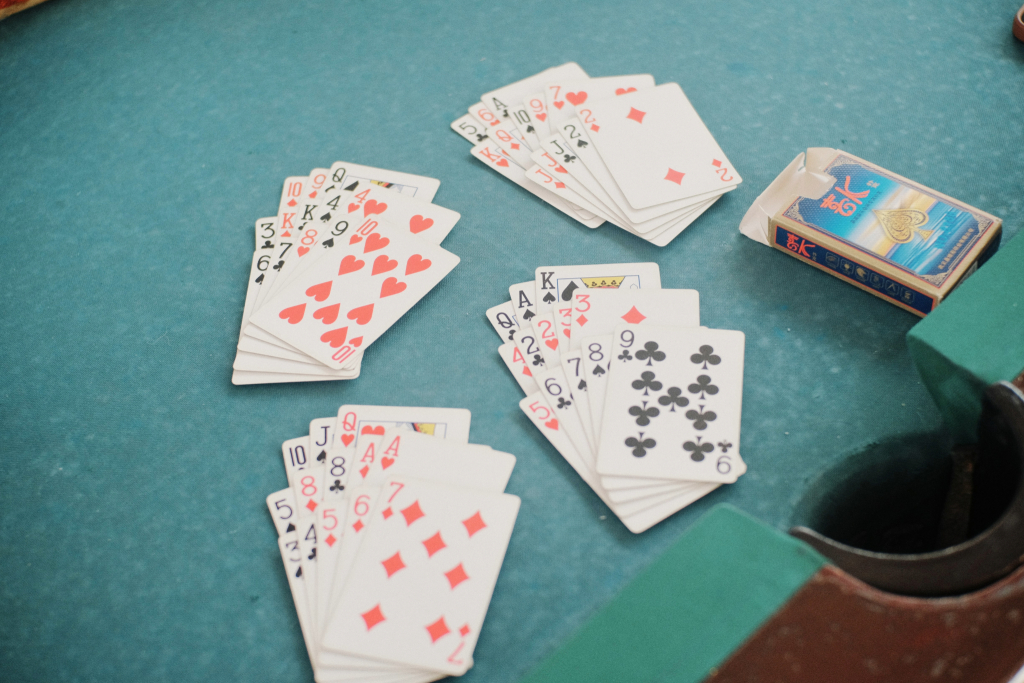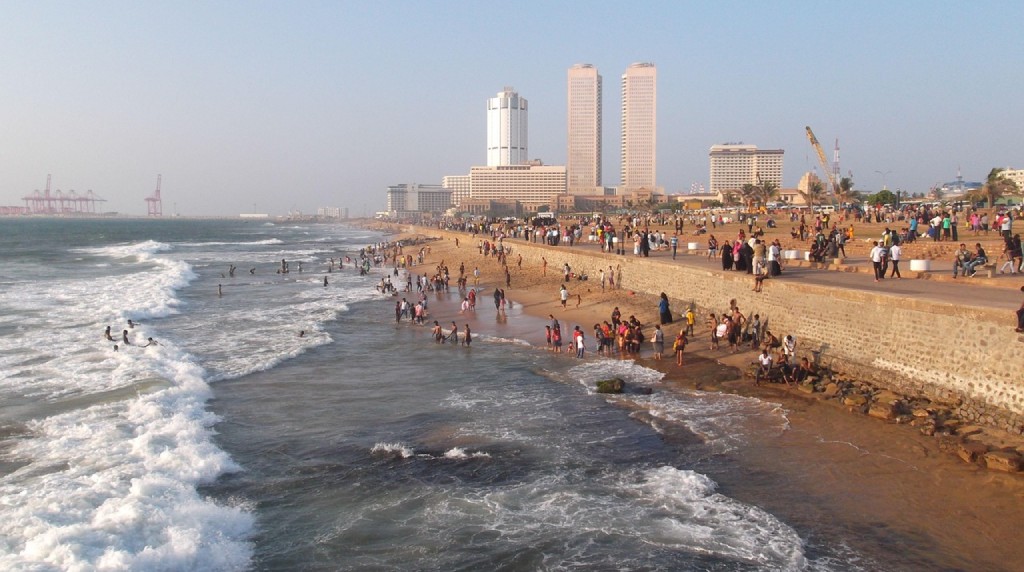The Impact of Coronavirus on Asian Gambling
In the wake of the Coronavirus outbreak in Asia, serious macroeconomic consequences are being witnessed, especially in the gambling sector. Two entertainment companies with major stakes in the Macau gambling sector, MGM and Wynn Resorts, saw their share prices fall by about 7% over the last week.

Hong Kong and other large cities across the Asian peninsula have been rocked by the Coronavirus outbreak, with the gambling and leisure industries suffering a major downturn in footfall and expected revenues. ©skeeze/Pixabay
With residents forced to stay at home throughout the last month due to the outbreak, many regular casino gamblers have switched to similar online services. The Chinese New Year footfall in Macau was significantly down, by up to 80% according to some estimates. We explore the impact of Coronavirus in the gambling industry throughout Asia in more detail below!
Macau heavily relies upon visitors from the mainland to maintain its growth. Despite the international appeal of Macau as an international hub of gambling in Asia, the majority of its revenues are generated by Chinese visitors from the mainland. Gambling is illegal in mainland China, and it is well-documented how much money Macau generates from Chinese visitors. With precautionary measures being ramped up across the region, with Macau casinos imposing strict measures of mask-wearing and temperature gates, it is difficult to maintain normal business targets. Economic consequences are already being felt, with share price drops, construction projects being halted and lay-offs anticipated, industry chiefs in Macau are desperately hoping for stability and a return to business as usual.
There were unexpected beneficiaries within the Asian gambling sector in the wake of the Coronavirus outbreak. The Philippines, which is home to one of Asia’s largest online gambling sectors saw a dramatic rise in activity across their platforms. This legalized online gambling mecca for Asian citizens has been serving the Chinese people dutifully during their hour of need. As Jason Ader, the chief executive of SpringOwl Asset Management observed:
When people in China are forced to stay at home they go online. We have seen a massive surge in online gaming as a result of the virus.Jason Ader Chief executive, SpringOwl Asset Management
Will Macau’s Loss Be Manila’s Gain?
The downturn in activity across the casino floors of Macau is a truly worrying prospect for the stakeholders of the industry out there. With major stakeholders MGM and Wynn resorts showing a 7% loss in share value in wake of the Coronavirus, the exposure of dependence on Macau gambling revenues is being laid to bare.
But the downturn of the Macau land-based casino sector has not been all bad news for gambling industry business interests. Some of Manila’s largest online casinos are reporting a huge surge in account registrations, deposits and general betting activity across their platforms. It appears that due to the draconian style restrictions being imposed across China to control the outbreak of Coronavirus, gamblers are unable to move freely and mostly unwilling to risk exposure to the new virus. This has, of course, resulted in a massive demand for the only fully licensed and legalized online gambling industry in Asia, as thousands of new customers flock to the cloud platforms to fulfill their gambling needs.
The country has been seeing major sector growth in baccarat, table games and roulette. These popular games are easily replicated in the online sector. Manila has long served the needs of Chinese players, and largely depends on wealthy Chinese customers for a huge proportion of their revenue intake. Whilst the Coronavirus begins to heighten concerns across the Asian peninsula, industry analysts will be looking to online gambling companies to feel the void left by the shortened footfall at the continent’s largest vendors.
MGM and Wynn Resorts Suffer Share Price Dip
The Macau gambling sector’s two largest stakeholders suffered a drastic loss in share price over the last couple of weeks as investors became nervous about the two firms’ exposure to Macau’s net revenue. The situation is not improving, and at the opening bell on Monday both firms were still slipping down in value.
Despite this, investors are confident of a bounce back. Once the Coronavirus outbreak is confined and settled, which by most modeling is expected to be in around 10 weeks’ time, the economy across the Chinese region will recover and provide some much-needed relief to the local communities. One of the largest fallouts from the virus has been the political damage to China’s ruling party, in particular, the leader Xi Jinping. China’s President has been criticized for his heavy-handed approach handling the virus, but who can blame them given the gravity of this situation.



